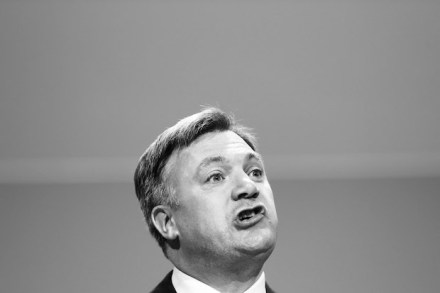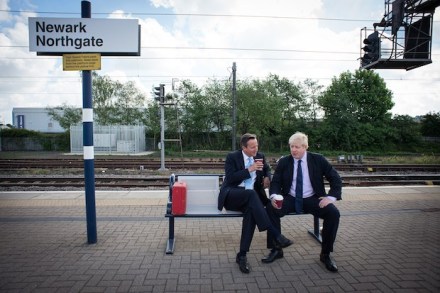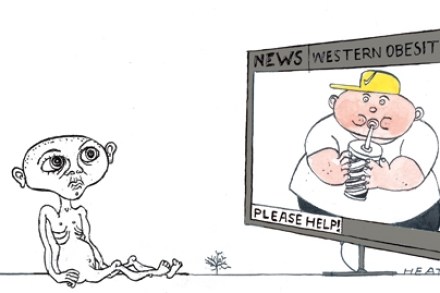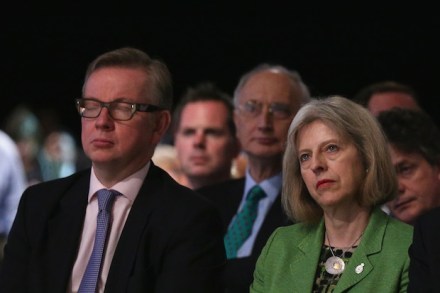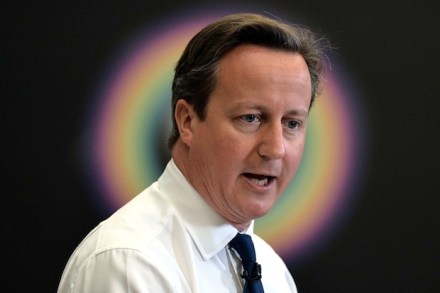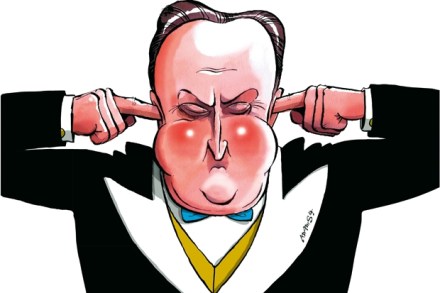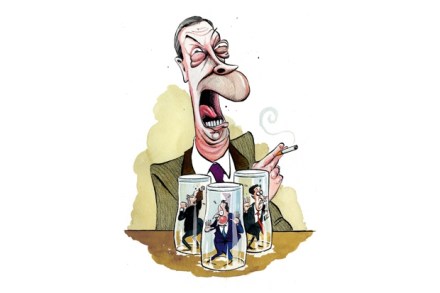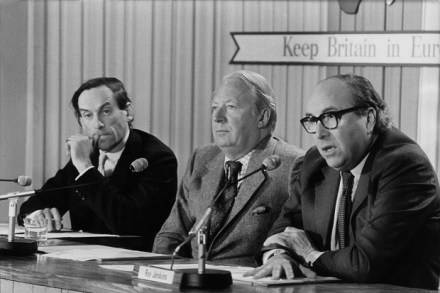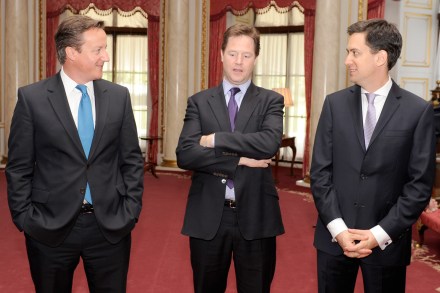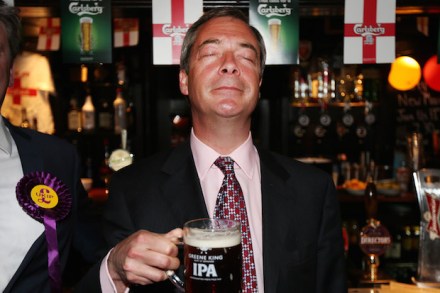Labour’s radical schools hypocrisy
I see that the Labour party, and Labour’s shadow education secretary Tristram Hunt in particular, are trying to make political capital out of the ‘Trojan Horse’ Islamic schools scandal. I’ll write more about this in the coming week, but for the meantime let me point out what a steaming pile of political opportunism and hypocrisy this all is. Tristram says that Michael Gove ‘chose not to act’ and is guilty of ‘gross negligence’ on Islamic extremism in schools. Let me remind Tristram of a very recent piece of Labour party history. In 2009 it transpired that the Labour government was funding a school-running group called the Islamic Shakhsiyah Foundation (ISF). At that
